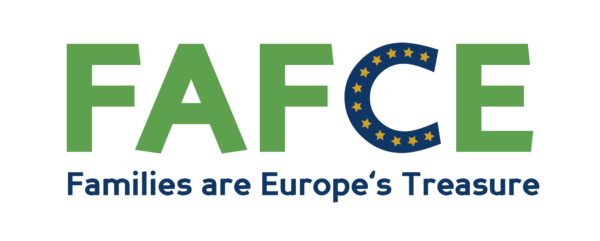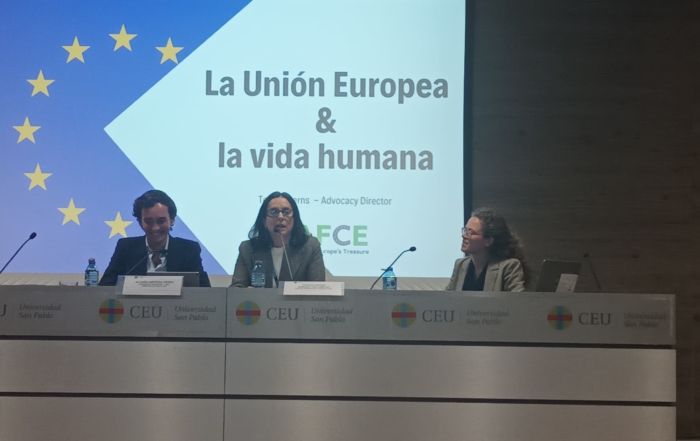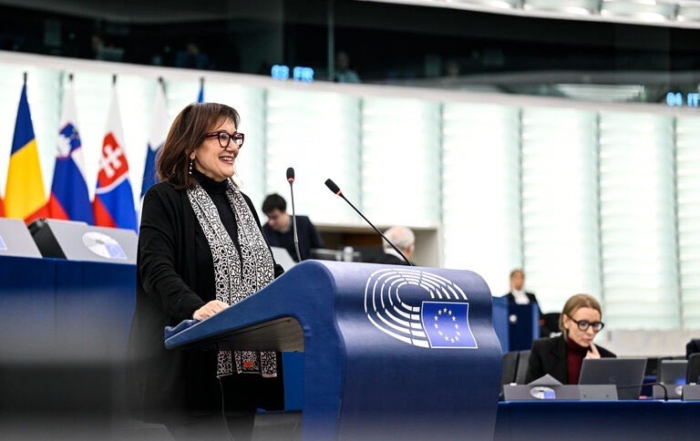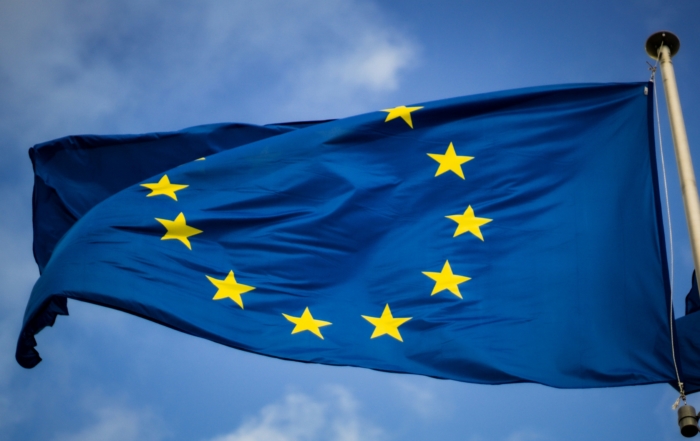Project Description
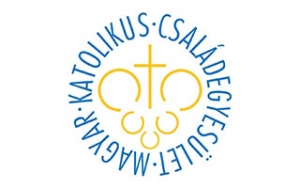
Magyar Katolikus Családegyesület (UKF)
The Hungarian Catholic Family Association (UKF, founded in 1993) is an independent association, officially accredited by the Hungarian Catholic Episcopal Conference and a registered association in accordance with the civil law. Its activity is based on the catholic social doctrine with a focus on marriage and family, life preservation, family policy and education. These objectives are being promoted through information brokering (publications, conferences, speeches, meetings, education), through support by the relevant scientific research and in a dialogue with society. There is a cooperation with domestic and international institutions and with social groupings whose objectives are not against those of the UKF. Catholic individuals and married couples who want to be members of the UKF have to practice their faith and have to be willing to work for the implementation and the evolvement of the catholic marriage and family ideal as well as to cooperate with the family pastoral centre of their diocese individually or in a group, respectively to participate in the programmes instigated by the UKF. Relations officers for family affairs are responsible for the organisation of the UKF in each Hungarian diocese.
Városligeti fasor 45 Budapest 1071 Hungary
Phone: +36 1 2661962
Fax: +36 1 2661962
www.katcsal.hu
Certificat européen de parentalité : pas de solution claire pour sortir de l’impasse
Bruxelles, le 14 mars 2025 Mercredi 12 mars à Strasbourg, le Parlement européen a débattu du Certificat européen de parentalité. Une question orale a été posée à la Commission européenne par le député européen
Le Digital Service Act : se protéger d’internet ?
Bruxelles, le 23 janvier 2025 Le 22 janvier a eu lieu un débat au Parlement européen portant sur le Digital Service Act. Le Digital Service Act (ou DSA) a été voté par le Parlement
Intervention de la FAFCE à l’Université CEU San Pablo – VIIIe Congrès national sur la bioéthique au service de la vie et de la personne
La FAFCE a participé pour la première fois au Congrès de bioéthique de la CEU à Madrid La semaine dernière, le 18 février, Teresa Gerns, Directrice du plaidoyer de la FAFCE auprès de l’ONU et
Demography Toolbox : quel bilan après deux ans ?
En octobre 2023, la Commission européenne avait publié sa « Boîte à outils démographique » ou Demography Toolbox. La Boîte à outils démographique reconnaissait que la population européenne était en train de diminuer. Cette baisse
Journée européenne de la démographie : Enjeux générationnels : passé et avenir de la démographie
4 février 2025 À l'occasion de la Journée européenne de la démographie, la FAFCE a participé à la table ronde en ligne organisée par Population Europe, axée sur les questions générationnelles et rappelant l'importance des
Notre avenir dépend des plus jeunes – La présidence polonaise s’exprime sur la santé mentale des enfants et la sécurité en ligne
Bruxelles, le 28 janvier 2025 Du 1er janvier au 30 juin 2025, la Pologne assure la présidence du Conseil de l'Union européenne. Tous les six mois, un autre État membre assume la responsabilité de
